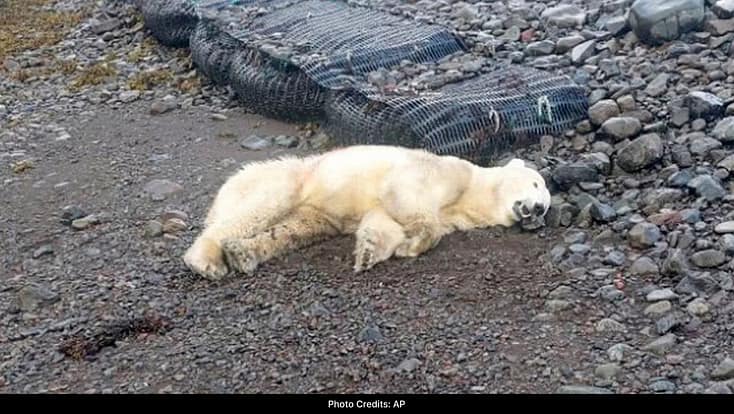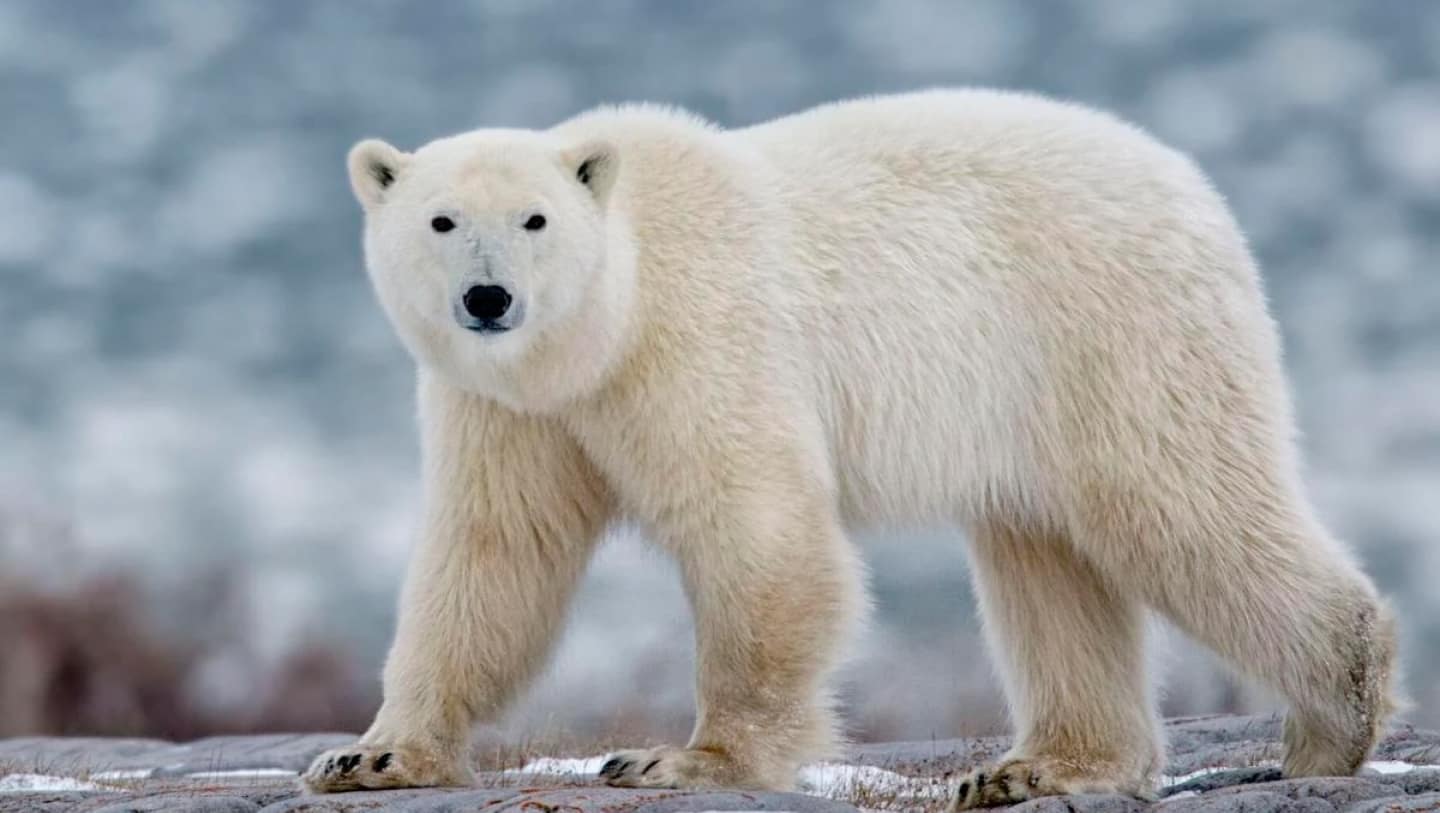Police shot dead a rare polar bear seen outside a cabin in a remote village in Iceland because they thought it posed a threat, authorities said Friday.
Westfjords police chief Helgi Jensson told the AP that the bear was killed Thursday afternoon in northwest Iceland after police consulted the Environment Agency, which refused to transport the animal. “It’s not something we like to do. In this case, as you can see in the picture, the bear was very close to the summer house. There was an old woman,” Jensson said.
According to Helga Jensson, the lone owner locked herself upstairs out of fear while the bear tore through her trash. She contacted her daughter in the capital Reykjavík via satellite and asked for help. While most summer residents in the area went home, she stayed.

A Coast Guard helicopter surveyed the area where the bear was found, looking for more, but found none, police said. After the shot bear was taken away, the woman who reported it decided to stay longer in the village, Jensson said.
Fear and danger
Polar bears are not native to Iceland; But Anna Sveinsdóttir, head of science collections at the Icelandic Institute of Natural History, says the animals regularly come ashore after traveling from Greenland on ice floes.
Also Read
- How long will Earth’s new mini-moon 2024 PT5 stay? Check details
- Coldplay returns to India after 9 years, confirms concert in 2025
Polar bear attacks on humans are uncommon, but according to a 2017 study published in the journal Wildlife Society Bulletin, the loss of sea ice due to global warming has forced more bears to land due to hunger, increasing the likelihood of conflict and increasing the risk to both sides. 15 of the 73 recorded polar bear attacks in Canada, Greenland, Norway, Russia and the United States between 1870 and 2014, resulting in 20 deaths and 63 injuries, occurred in the last five years of that time period.
With only 600 sightings reported in Iceland since the ninth century, these sightings are rather unusual. Although killing a bear at sea is prohibited in Iceland due to its protected status, it is permitted to kill a bear if it poses a threat to people or animals. According to the institution, after the arrival of two bears in 2008, the Minister of the Environment appointed a working group to investigate the problem of killing bears.




